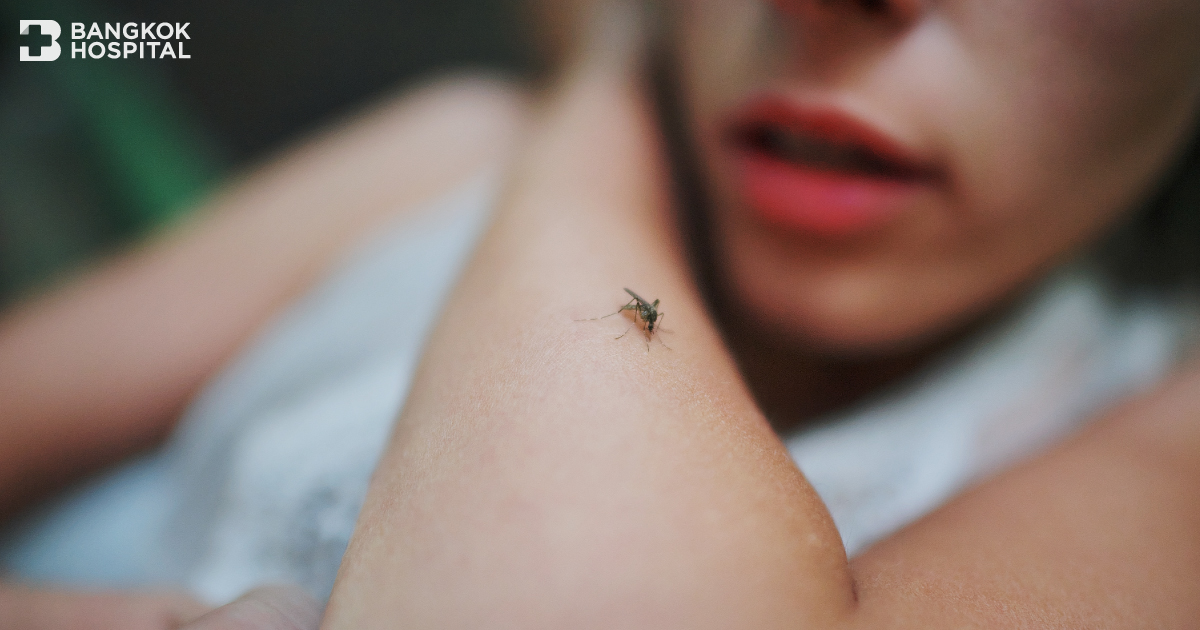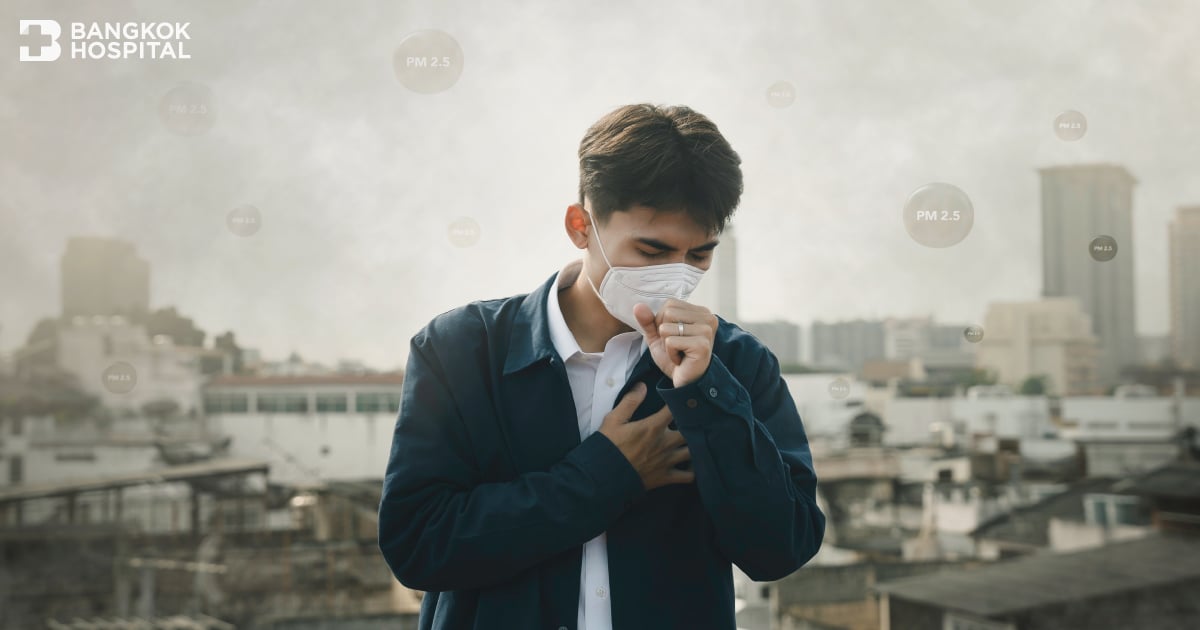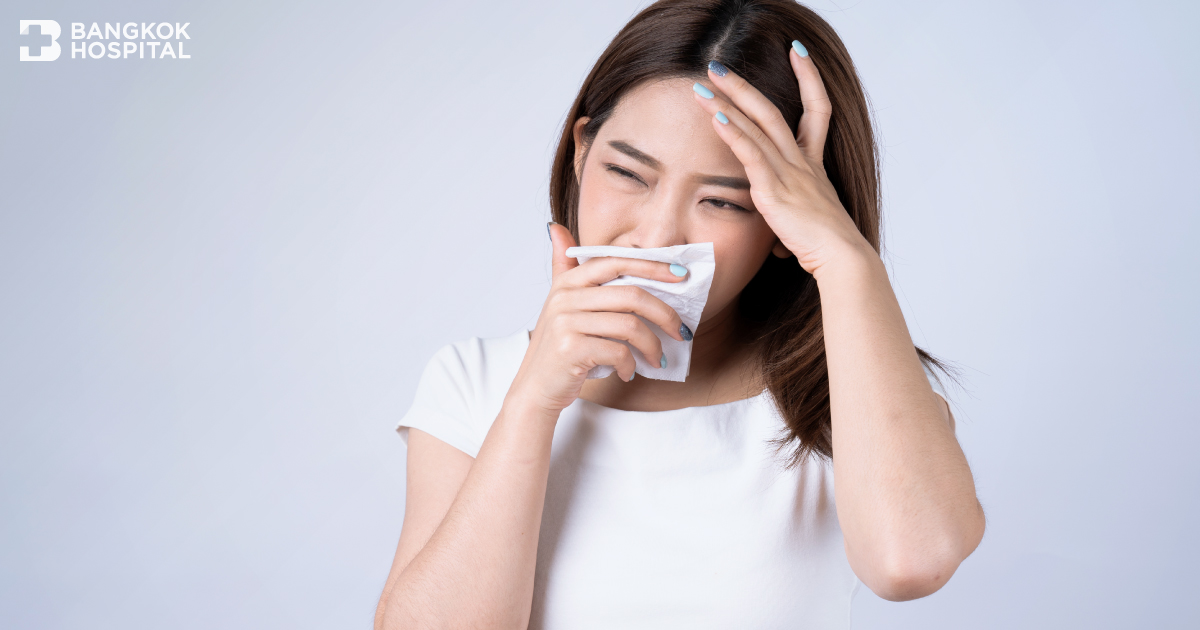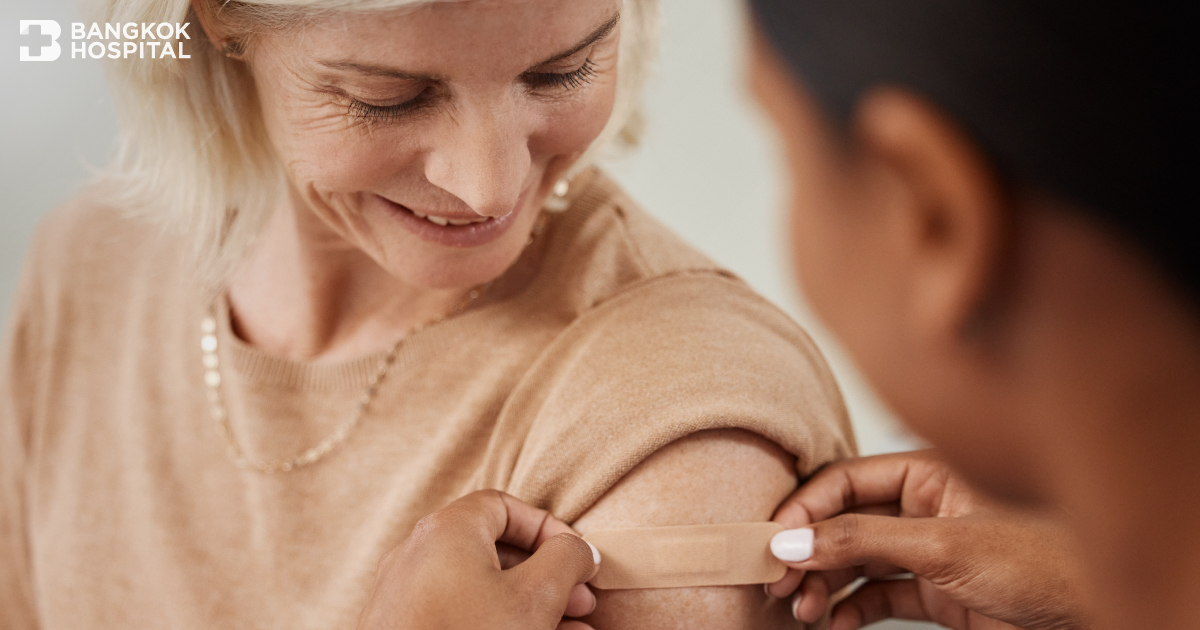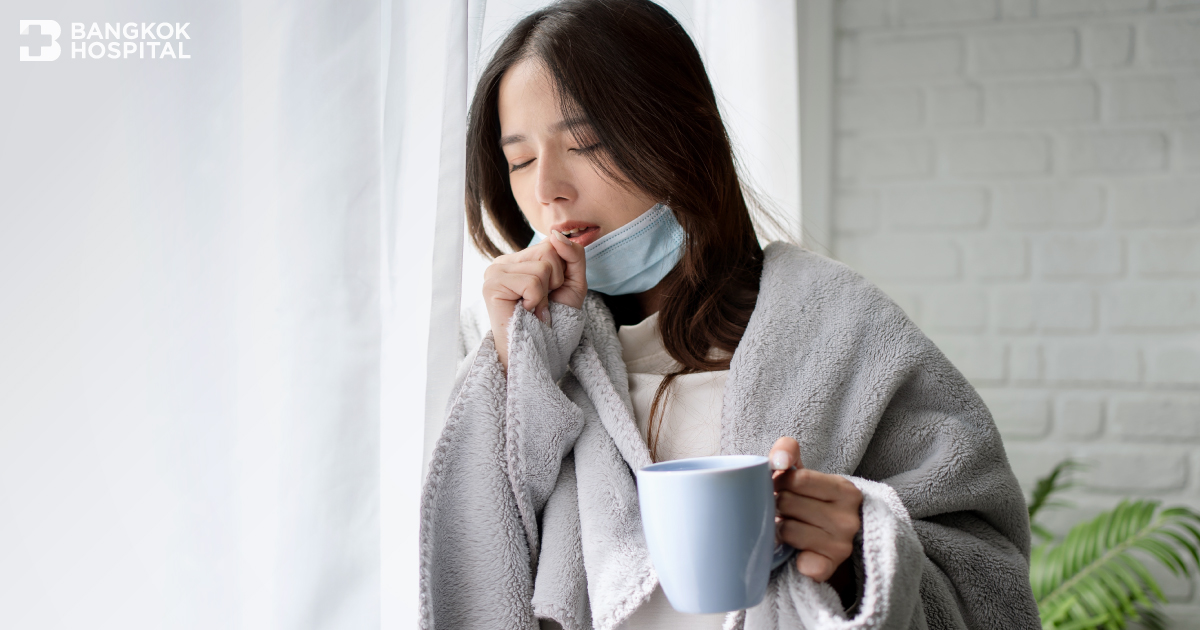Every year, during the rainy season, we must be alert to the spread of dengue fever, as it becomes viral rapidly with the increased number of mosquitoes – the disease’s carrier. Dengue fever can be fatal, so it is not surprising that a significant number of people die from it. Thus, knowing about the disease and its prevention, together with effective vaccination, will reduce the risk and severity of the disease.
What is Dengue Fever?
Dengue fever is a viral infection that is caused by dengue virus through female mosquitoes of the Aedes genus. There are four strains of the virus: DENV-1, DENV-2, DENV-3, and DENV-4. The disease spreads by the mosquitoes as they bite a host – who is already sick with the disease and still has a fever, usually within 8-12 days after being infected – and then bite a healthy person. Consequently, the virus from the mosquitoes enter the latter’s blood stream and the person will become sick within 3 -15 days afterwards.
What are the Phases of Dengue Fever?
There are 3 phases of dengue fever. These are:
- Fever (2 – 7 days). The patient maintains a persistently high fever with headache and pain behind the eyes, along with muscle and bone pain. There is no runny nose nor coughing, but there are red dots with blood around arms, legs, and underarms. The patient may lose the appetite, vomit, feel nauseous and abdomen pain; with blacken stool mixed in excrement.
- Critical (24 – 48 hours). The high fever will start to subside, and the conditions become stable. Without any complication, the symptoms will begin to improve. Otherwise, the situation will worsen and the patient may experience some of these conditions: cold hands and feet, softer pulse, lower blood pressure, bleed easily, vomiting blood, etc. Consequently, the patient can go into a fatal shock. So, if the high fever persists for more than 2 days and the conditions have deteriorated, it is recommended that the patient is brought to a doctor immediately.
- Recovery (24 – 48 hours have fever has subsided). After overcoming the critical phase and the symptoms have improved, the patient’s blood pressure, pulse, and appetite will return to normal. However, there may remain itchy rash and red dots with blood around the torso; but these will eventually fade away naturally.
Dengue Fever Treatment Guidelines
There is no specific medication to directly cure dengue fever. Only the symptoms and their severity are treated. The sooner it is detected and identified, the quicker the conditions are managed – especially in a healthy person – thus, preventing fatality.
- Wipe the body down to reduce the fever, using a towel dampened in room temperature water and wiping face, neck, armpits, folding joint and groin areas.
- Take fever reducer medication, but it has to be in the paracetamol category for high fever only and it has to be taken moderately to avoid damaging the liver. Aspirin or ibuprofen class of medicines is entirely prohibited.
- Drink a lot of water, because high fever or vomiting cause dehydration and sodium depletion. Little but frequent sips of electrolyte beverages is recommended to supplement the lost fluid.
- See a doctor immediately, if the symptoms have become severe. For example, intense vomiting; severe abdominal pain below the right rib cage that also hurts when pressed down; feeling cold all over the body, hands and feet; feeling restless; bleeding through various mucous membranes; become more listless; labored breathing; unconscious. In this case, the patient should be taken to a hospital promptly.
Preventing Dengue Fever
To prevent dengue fever is to avoid being bitten by a mosquito: wear clothing that covers the body as much as possible, apply lotion or mosquito repellent sprays, take steps to remove mosquitos breeding grounds – maintaining tidiness around the house, covering all water containers, changing water in vases and pots every 7 days. Prevention also includes getting vaccination as recommended by the doctor.
Groups at Risk of Severe Symptoms
Everyone can get dengue fever. However, certain groups of people risk showing more severe symptoms once they are infected. These are the elderly (because they have lower immunity and usually have other comorbidities), people suffering from obesity or other chronic diseases (such as diabetes, heart diseases, high blood pressure, thalassemia, etc.)
How Many Types of Dengue Vaccine Are There?
Today, there are 2 types of vaccine preventing all strains of dengue virus in Thailand. These are:
- First type – Vaccine for people who have previously been infected with dengue fever. This can be given to people 6 – 45 years old. In cases where there is no history confirming the infection, a blood test is required before vaccination. 3 doses are needed in total, each separated by 6 months.
- Second Type – Vaccine for people who have and have not been infected previously. This can be administered to anyone 4 – 60 years old without the need for a blood test. There are 2 doses in total, each is separated by 3 months.
Known Side-Effects After Dengue Vaccination
After vaccination, you may feel some discomfort around the injection area, experience headache or muscle pain. These conditions will subside normally within 1 – 3 days. It is not recommended to have the next dose of the vaccine ahead of schedule. Instead, keeping the appointments and complete the dosages will ensure the vaccines’ efficacy.
Should I Repeat Vaccination Again After the Initial Course?
If you have already been vaccinated as your doctor has recommended, then there is no need to repeat it. One course should be sufficient.
How Soon After Recovering from Dengue Fever Can I Receive Vaccination?
In the case that you have recovered from dengue fever, your body will have built immunity against the particular strain of the virus. So, you should wait at least 6 months before getting dengue vaccination, for the highest efficacy.
How Many Times Can a Person Be Infected by Dengue Virus?
There are 4 strains of dengue virus: DENV-1, DENV-2, DENV-3, and DENV-4. As the strains are all different, it is possible that a person can be infected as many as 4 times. When someone is infected by a strain of the virus, the person’s body will build immunity against that particular strain only. So, there is a possibility that the person can be infected again, but by another strain. Nevertheless, even with the immunity, the person can still be infected by the previous strain again; but the symptoms and their severity will be less. More crucially, if this person is infected by a different strain of the virus, the symptoms and severity will be greater – so much so that they can even become fatal.

